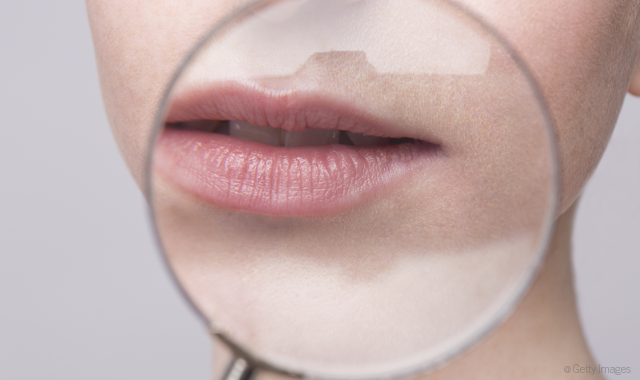Dentist creates petition to stop sales of dangerously acidic dry mouth products
The petition targets seven manufacturers of oral care products that are proven to cause tooth erosion.

Dry mouth is a common condition, affecting roughly 30 percent of the population, according to a 2017 study. To treat it, oral care products such as dry mouth lozenges or oral moisturizers are often prescribed.
But what if these dry mouth products were actually doing more harm than good? That’s the concern of Dr. Greg Grillo, a Washington-based dentist. Dr. Grillo recently created an online petition targeting seven companies that are making and selling oral moisturizer products that are dangerously acidic and causing erosion of the teeth.
According to an August 2017 study, to be safe, oral moisturizers prescribed to treat dry mouth should contain a pH level of 6.7 or higher. Any product with a pH level below 5.5 is considered dangerous.
More from the author: Dentistry and the opioid epidemic: what you need to know
To take matters one step further, in March 2018 researchers out of the University of Florida measured dentin tooth erosion when exposed to acidic dry mouth lozenges. The research identified seven oral moisturizers for dry mouth sold in the United States that have a pH level below 5.5 and caused significant amounts of tooth erosion, including:
- OraMoist® by DenTek™ (2.9 pH)
- Mouth Kote® by Parnell Pharmaceuticals (3.0 pH)
- Cotton Mouth Lozenges® by Cotton Mouth Candy Company (3.1 pH)
- MedActive® Oral Relief Lozenges (3.2 pH)
- Hager Pharma Dry Mouth Drops (4.4 pH)
- Rite Aid® Dry Mouth Discs (5.1 pH)
- CVS Pharmacy™ Dry Mouth Discs (5.3 pH)
Dr. Grillo’s petition urges these manufacturers to remove their dry mouth products from the market.
DPR recently spoke with Dr. Grillo to discuss the effect of acidic oral moisturizers on tooth erosion.
Q: How did you become interested in the topic of oral moisturizer acidity and tooth erosion?

A: This problem is fundamental to what we do for people. Patients routinely complain about dry mouth and ask me if I have suggestions to help them deal with the unpleasant sensation. With about 20 percent of the population dealing with xerostomia and up to 40 percent of the elderly, it's not just an outlying issue. I've routinely recommended oral moisturizers, and as a practice we've worked hard to search out the best options. When I read a recent research article that many of these products actually dramatically lower mouth pH, I was alarmed because it counters what we're trying to accomplish.
Q: What are some of the main health concerns for consumers who may be using highly acidic oral moisturizers?
A: The greatest frustration to me is that the vast majority of patients have no idea that acidity is a problem to start with. They look to us for help with something that's lowering the quality of their lives, and unknowingly, compromising their oral health. If they're using highly acidic oral moisturizers, they're dramatically increasing the risk of decay and erosion. This often leads to areas that are difficult to restore around crown margins and root surfaces. Tooth loss or expensive treatment becomes a real risk to patients, and it doesn't need to be.
Trending article: The states with the best and worst oral health in 2018
Q: What do you hope to achieve with the petition?
A: We owe it to our patients to call on manufacturers to provide responsible products. There's no good reason for oral moisturizer formulations to put patients at greater risk. They need to go back to the lab and change the pH of their products to meet acceptable guidelines. As guardians of oral health, if we don't do it, who will? My goal is simple: change it.
Q: What should consumers be on the lookout for when purchasing oral moisturizers?
A: That's tough because the average consumer doesn't have a good way of knowing what the pH of an oral moisturizer is or why it matters. In the Florida study we refer to, only two of 11 products were non-acidic whereas the other nine lowered pH into a range that promotes erosion and decay. We need to point our patients to safe products until the other manufacturers make corrections.
Q: Should dentists be having broader conversations with patients about acid and tooth erosion?
A: Absolutely. Patients are already suffering from dry mouth issues and they don't need to compound the problem when they're looking for relief. It doesn't take long to explain what acid does in the mouth and how they can choose the right products for greater comfort and better health. The two aims don't have to be mutually exclusive.
To find out more about the petition, click here.